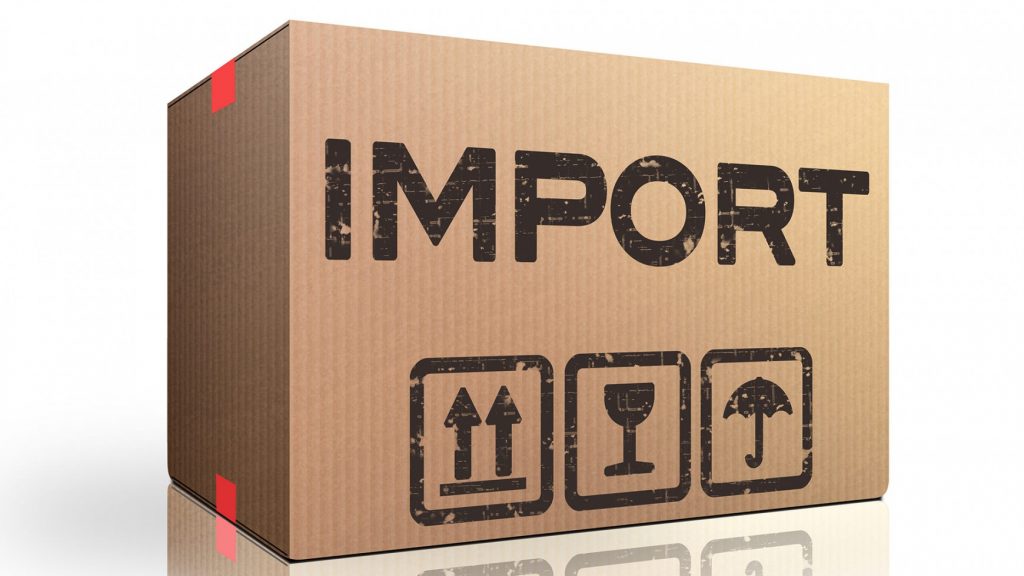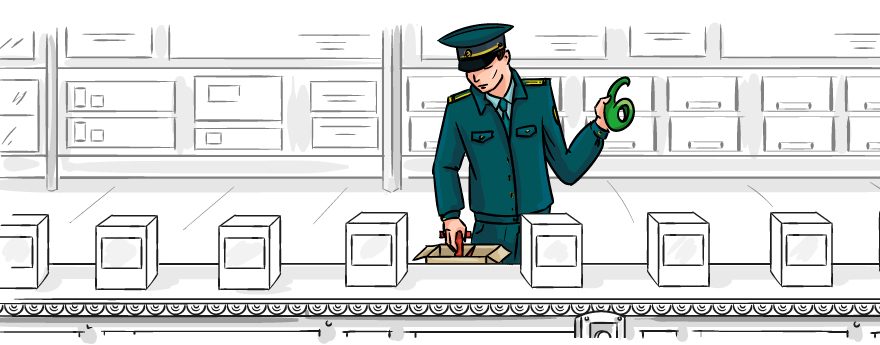The basic document regulating the customs rules in Ukraine is the Customs Code. The basis of this document is the provision on the customs service of Ukraine, the rights of customs authorities and their interaction with other departments and customs services of other states, descriptions of general rules and procedures for customs clearance of goods transported across the border. The same document determines the procedure for collecting customs duties and the procedure for obtaining special permits and certificates, determines the procedure for customs clearance of goods temporarily imported to Ukraine and goods by the following transit.
According to the current customs code, the customs services are charged with the obligation to monitor the implementation of tariff and non-tariff regulation. For tariff regulation include restrictions on the importation of such goods as weapons, drugs and the collection of customs duties. Non-tariff regulation includes the need to obtain a permit (licensing) for export or import operations, certification, environmental control, and others. If you want to go through this process fast, you can just use the service that will do everything for you. The best service in customs clearance and certification in Ukraine is FebGroup.
The procedure of customs clearance, tariff and non-tariff regulation will differ significantly depending on the declared mode of importation.
The legislation of Ukraine distinguishes between such options for the mode of importation of goods in Ukraine:

- temporary import with further export of goods for the customs territory of Ukraine;
- transit;
- processing (raw materials supplied by customer);
- importation into Ukraine for the purpose of sale by the consignee;
- importation into Ukraine without further resale by the consignee.
Customs Clearance Rules for Temporary Import, Transit or Import of a Duty Customs Service:
- invoices or pro invoices;
- specifications, bills of lading, waybills;
- licenses;
- contract registration cards;
- certificates of origin;
- bank documents relating to the settlement of the contract;
- a copy of the export cargo customs declaration of the country of origin;
- supply contracts;
- agreement on joint activities;
- contracts with third parties related to the supply contract;
- accounts to third parties for the benefit of the seller;
- license and copyright agreements;
- contracts of orders, commissions, agency and brokerage contracts;
- accounts for commissions and brokerage services;
- purchase orders;
- contracts for transportation and insurance;
- price lists of the manufacturer and seller of the goods;
- relevant accounting documentation;
- calculation of the manufacturer of the goods.

Under current legislation in Ukraine, the customs value must be determined in a period of not more than 15 working days. In difficult cases, this period may be extended by decision of the head of the customs service. It should be noted that the term for determining the customs value is not a reason for a delay on all payments provided for by law. All the steps can be easily done by this company https://www.febgroup-ua.com/en/, so you can just refer this link to save your time.
In the event that it seems to the declarant that the period for determining the cost is too long, then the customs authorities are obliged to provide an explanation of the reasons for the delay to a written request. By submitting information to the customs authorities, including the value of the goods, the declarant may declare that this information is confidential. In this case, the customs authorities are responsible for disclosing this information. Non-tariff regulation includes the need for additional permits and certificates. Different types of products require different permissions.
